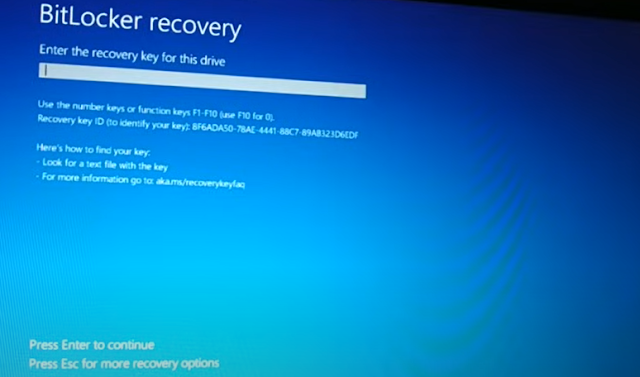Forgot bit locker pin, forgot bit locker recovery key, 5 Easy ways to fix


### Python JSON: An Overview
**JSON
(JavaScript Object Notation)** is a lightweight data-interchange format that is
easy for humans to read and write, and easy for machines to parse and generate.
In Python, the **`json`** module provides functions to handle JSON data. You
can use this module to encode and decode JSON data, making it easy to read from
and write to files, APIs, or other data streams that use JSON.
### Common
Uses of Python's `json` Module
1.
**Serialization (Converting Python Objects to JSON)**
- **`json.dumps()`**: Converts a Python
object (like a dictionary) into a JSON string.
- **`json.dump()`**: Writes a Python object
as JSON to a file.
2.
**Deserialization (Converting JSON to Python Objects)**
- **`json.loads()`**: Parses a JSON string
and converts it into a Python object.
- **`json.load()`**: Reads a JSON file and
converts it into a Python object.
### How to
Use the `json` Module
#### Example
1: Serializing Python Objects to JSON
```python
import json
# Python
dictionary
data = {
"name": "John",
"age": 30,
"city": "New York",
"is_student": False,
"skills": ["Python",
"Data Science", "Machine Learning"]
}
# Convert
Python dictionary to JSON string
json_data =
json.dumps(data)
# Print the
JSON string
print(json_data)
```
**Output:**
```json
{"name":
"John", "age": 30, "city": "New York", "is_student":
false, "skills": ["Python", "Data Science",
"Machine Learning"]}
```
#### Example
2: Deserializing JSON Strings to Python Objects
```python
import json
# JSON
string
json_data =
'{"name": "John", "age": 30, "city":
"New York", "is_student": false, "skills":
["Python", "Data Science", "Machine Learning"]}'
# Convert
JSON string to Python dictionary
python_data
= json.loads(json_data)
# Access
Python data
print(python_data["name"]) # Output: John
print(python_data["skills"]) # Output: ['Python', 'Data Science', 'Machine
Learning']
```
#### Example
3: Writing JSON to a File
```python
import json
# Python
dictionary
data = {
"name": "Alice",
"age": 25,
"city": "San
Francisco",
"is_student": True
}
# Write JSON
data to a file
with open("data.json",
"w") as file:
json.dump(data, file)
```
#### Example
4: Reading JSON from a File
```python
import json
# Read JSON
data from a file
with
open("data.json", "r") as file:
python_data = json.load(file)
# Print the
loaded Python object
print(python_data)
```
### Handling
JSON in APIs
JSON is
commonly used in web APIs. Here’s an example of how you can work with JSON in a
request:
```python
import json
import
requests
# Fetch data
from an API that returns JSON
response =
requests.get('https://api.example.com/data')
# Parse JSON
response into a Python dictionary
data =
response.json()
# Access
specific fields
print(data['key'])
```
### Working
with JSON Options
-
**Pretty-printing JSON**: To format the JSON output for readability, you can
use the `indent` parameter in `json.dumps()`:
```python
json_data = json.dumps(data, indent=4)
print(json_data)
```
- **Handling
Non-serializable Objects**: If the object contains data types not directly
supported by JSON (like a `datetime` object), you can define a custom
serialization method using the `default` parameter of `json.dumps()`.
### How to
Install the `json` Module
The `json`
module is built into Python, so no installation is required. Just import it
with:
```python
import json